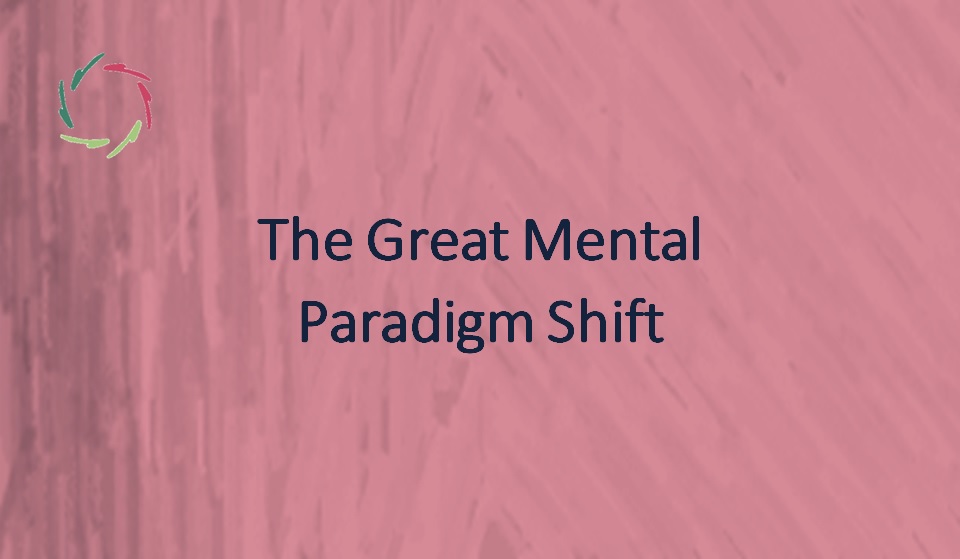The End of War

War is not inevitable. At some point in the future, there will be no war ever anymore. We can think about what is needed towards that.
No war is worth it. Let’s be reasonable.
However, an argument against pacifism is that it leads aggressive opponents to seek their chances on war or economic invasion. Right. We don’t want that.
Let’s be reasonable, take two.
Imagine a future world being a ‘no war zone’ in total. Nice! Eventually, if humanity survives, it will turn out to be so.
One day.
We can think backwards from there: what is needed to attain this utopia?
No war – by default. At most one army, led by total humanity, is needed to ensure world peace. Preferably none. Still, some people can be trained to become soldiers. Part of their moral compass is to be an extreme desire to avoid war.
The perverse weapon industry of today will be 100% regulated.
With almost no possibility of war, nations need other solutions for problems that could lead to it: diplomacy, cooperation… There will be much more incentive to develop and use them. It starts – today – with people Listening to each other. This demands a lot of additional research.
Direct reasons for war will be avoided, but also their structural breeding grounds…
… such as inequality-bred frustration at large scale. At present, human misery and food shortages at some places while there is overindulgence (and related misery) at other places, of course lead to the desire to escape poverty. How awkward is the migration of people who are driven out of their country by – eventually – structural problems engendered through the kind of country they migrate towards?
The ‘end of war’ is possible only through the end of such problems – by us.
Corruption makes it harder to relieve these inequalities. Our lesson:
The strictest possible anti-corruption measures are necessary
for attaining and keeping the ‘no war world’.
Nowadays, budding dictators thrive on dividedness and ‘danger’, thus becoming each other’s co-players. We see many examples at present. They share the goal of being needed as a stronghold against the others.
This makes opposing ‘strongmen’ each other’s best allies.
And they know it.
A famous 20th century psychiatrist, C.G. Jung, once said that wars don’t start between countries, but within individuals. To counter this, the global-feeling of humans everywhere on this planet should be a big issue, giving a new meaning to the term globalism.
There is a need for people to really feel themselves ‘people of this planet.’
Say, planetarianism.
Additionally and most of all, ‘the enemy’ always starts as an enemy within. It’s about ‘me’ and ‘myself in the deeper layers’. This absolutely goes as far as – or better said: as nearby as people aggressively fighting their own psycho-somatic symptoms, thus themselves.
There are no strict borders between medicine and war… or peace!
This may seem like a long-distance dream? We can already analyze much more in-depth why wars have happened in the past and are happening now, as well as how to attain the utopia.
There is no reason to wait.
It’s right before your nose. It’s inside your mind.
It’s everybody’s responsibility.


